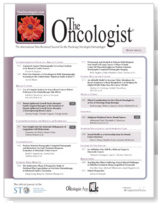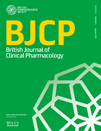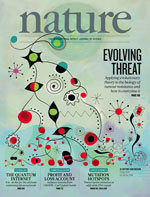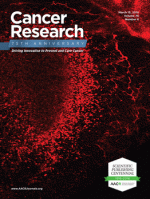The Oncologist has tagged three review papers that share a first author with an expression of concern. The three papers, which have together been cited more than 1,000 times, focus on HER2, a gene that can contribute to breast cancer.
Though the papers contain errors, the conclusions — about how the HER2 gene serves as a predictive factor for breast cancer, and a target for therapies — remain unchanged, according to the EOC. The editor of the journal notes that the conclusions of the papers have been confirmed by other publications. Two of the papers are more than 10 years old, and today many patients continue to be treated with medications that target HER2, such as Herceptin.
Here’s the expression of concern:
Continue reading Three HER2-cancer review papers tagged with expressions of concern










